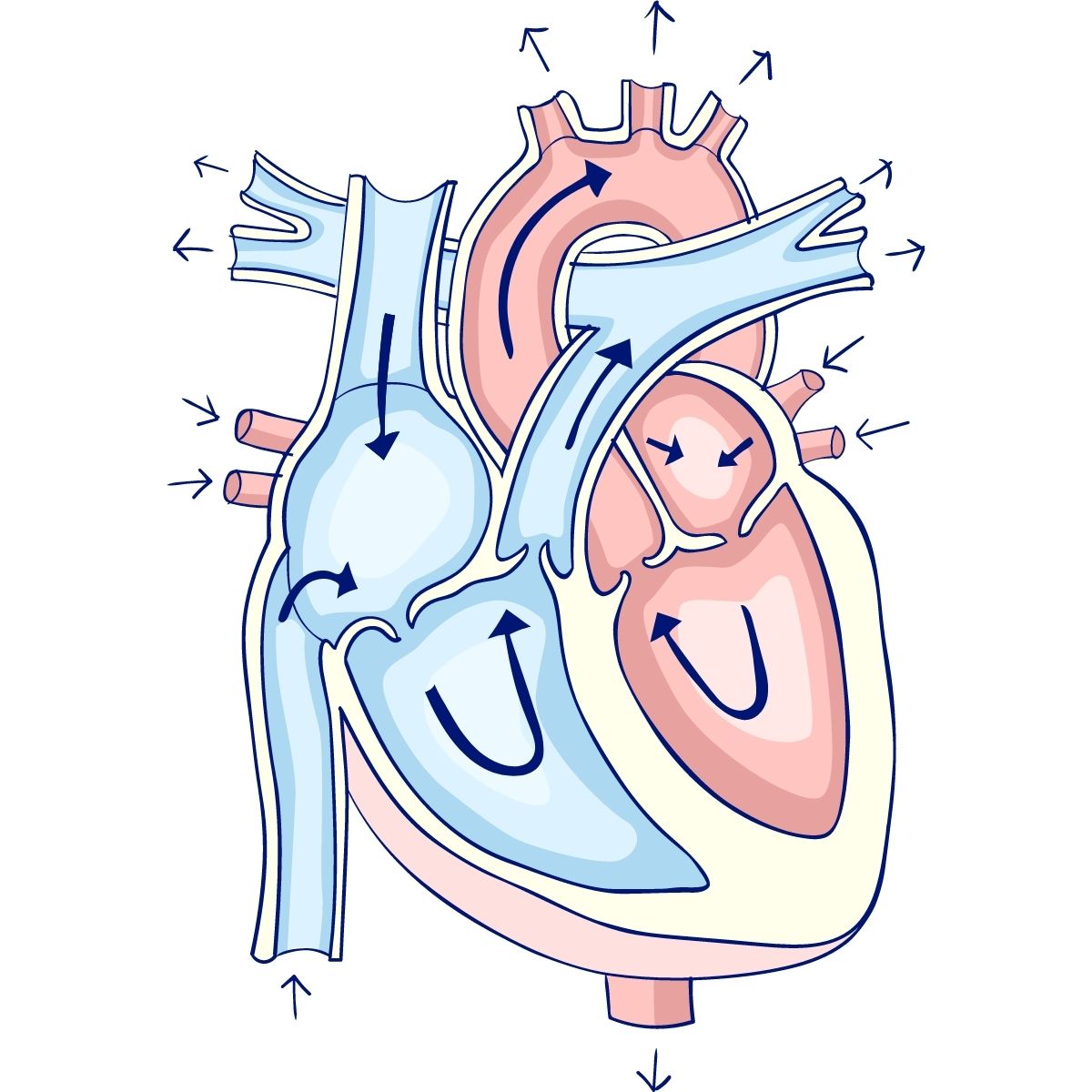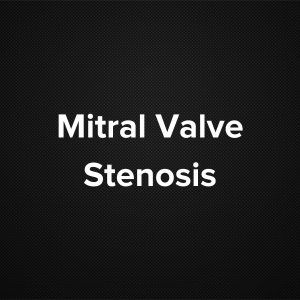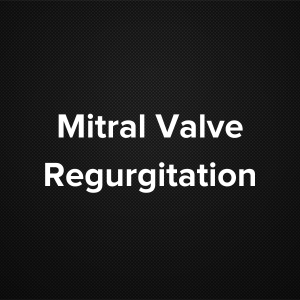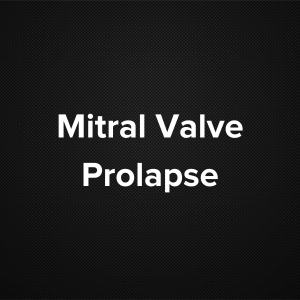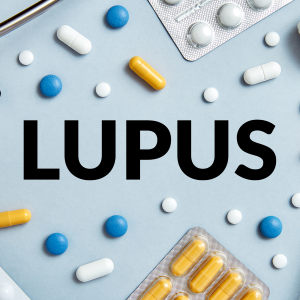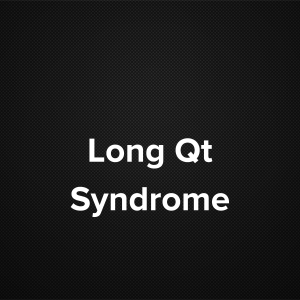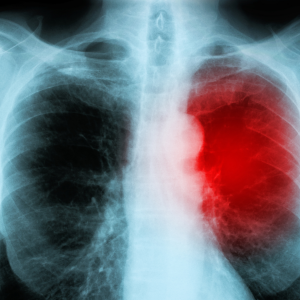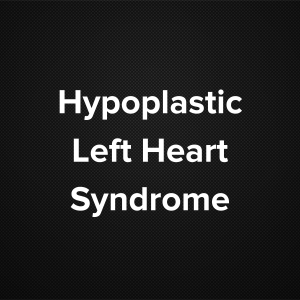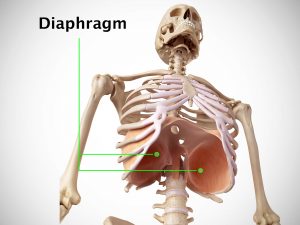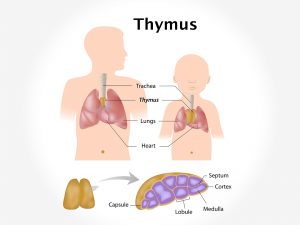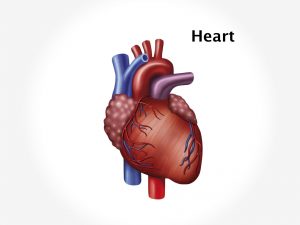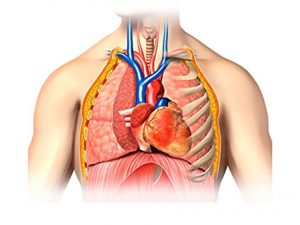Causes and risk factors
Aortic root dilatation is one of the main causes of aortic valve regurgitation.Hypretension, injury to the heart at the site of the aorta, use of certain medications which contain fenfluramine are certain contributing factors. Some diseases like Rheumatic fever, endocarditis, syphilitic aortitis, and systemic lupus erythematosus also lead to aortic valve regurgitation. Certain other causes are Marfan diseases, Behcets diseases and Ehlers-Danlos syndrome.
Clinical presentation
Aortic valve regurgitation can be acute or chronic. Most of the time chronic affections are seen. In chronic aortic regurgitation the patient remains asymptomatic or insidious onset of symptoms are seen. Patients will come up with complaints of palpitation, Chest pain, difficulty in breathing especially on exertion and later at night and profuse perspiration. Pain in abdomen, Snoring and Disturbances in sleep are other associated symptoms. Aortic regurgitation can lead to complications like Perforation of the aortic valve, Left ventricular failure and even death in severe cases.
Investigations:
Diagnosis is done on the basis of symptoms narrated by the patients, and physical examination carried out by the doctor. The vital signs of the patient are monitored.. Investigations which are advised are Chest X ray, ECG and Echocardiogram. Routine blood test and blood enzymes levels are also checked. Certain other investigations can also be advised.
Treatment
Mild cases are treated with oral medications, patients with recurrent complaints needs surgical intervention. Medications like vasodilators and cardiac glycosides are administered. Surgical intervention consists of aortic valve replacement or valve repair. Post surgical rehabilitation is must. Certain measure needs to be adapted like avoidance of strenuous work, regular exercises and intake of low sodium diet.
Other modes of treatment:
The other modes of treatment can also be effective in treating the chest pain. Homoeopathy is a science which deals with individualization and considers a person in a holistic way. This science can be helpful in combating the symptoms. The Ayurvedic system of medicine which uses herbs and synthetic derivates can also be beneficial in combating the complaints.
